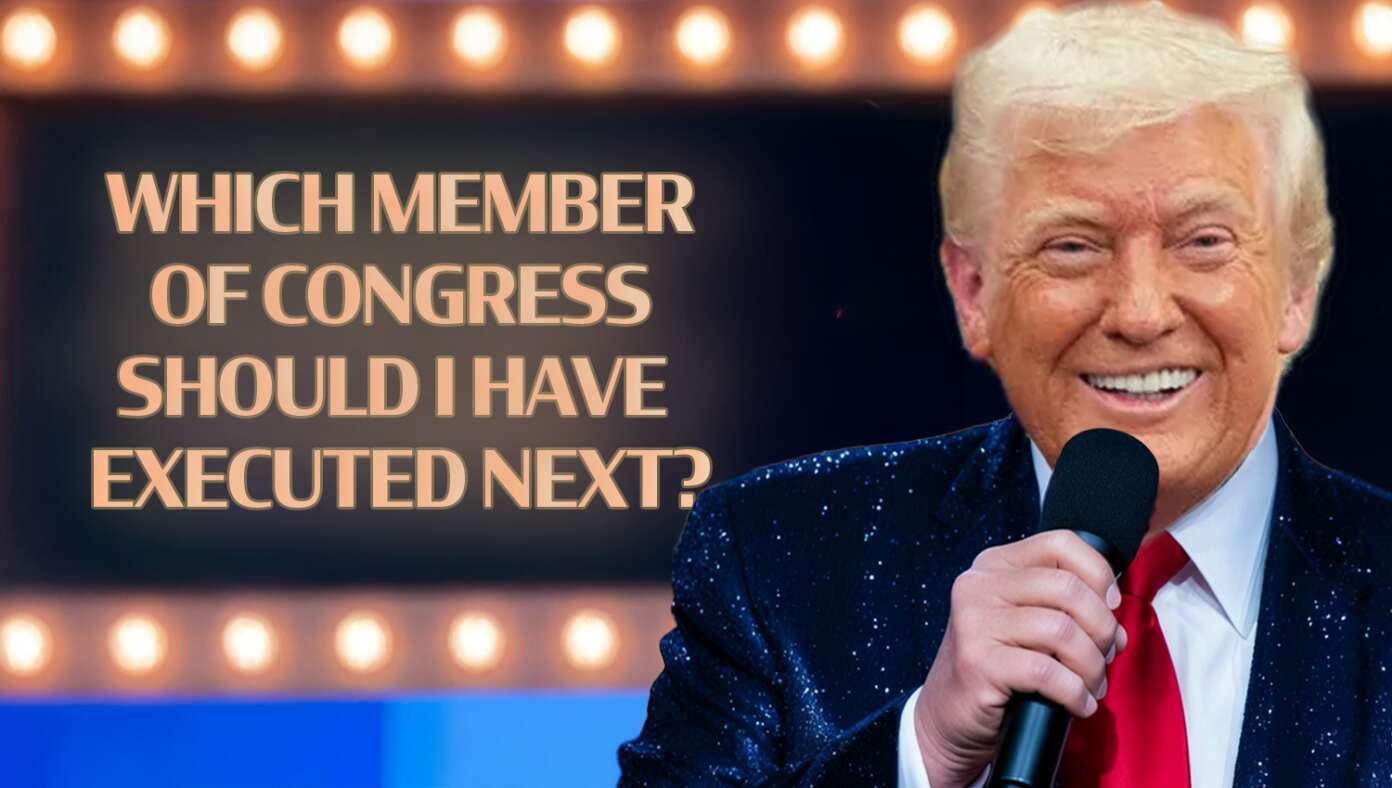
SEATTLE, WA — In an effort to attract more male customers, Starbucks announced the release of its new Zyn Spice Frappuccino.
Read More
SEATTLE, WA — In an effort to attract more male customers, Starbucks announced the release of its new Zyn Spice Frappuccino.
Read More
WASHINGTON, D.C. — The Trump administration announced plans this week for the president to host a thrilling game show for members of Congress in which the audience must help determine who he executes next.
Read More
| Picture of the day |
|---|

|
|
A macro shot of a red-and-green macaw’s (Ara chloropterus) eye, Serra da Capivara National Park, Piauí state, Brazil.
|


This NASA/ESA Hubble Space Telescope image features a galaxy, NGC 2775, that’s hard to categorize.
Read More